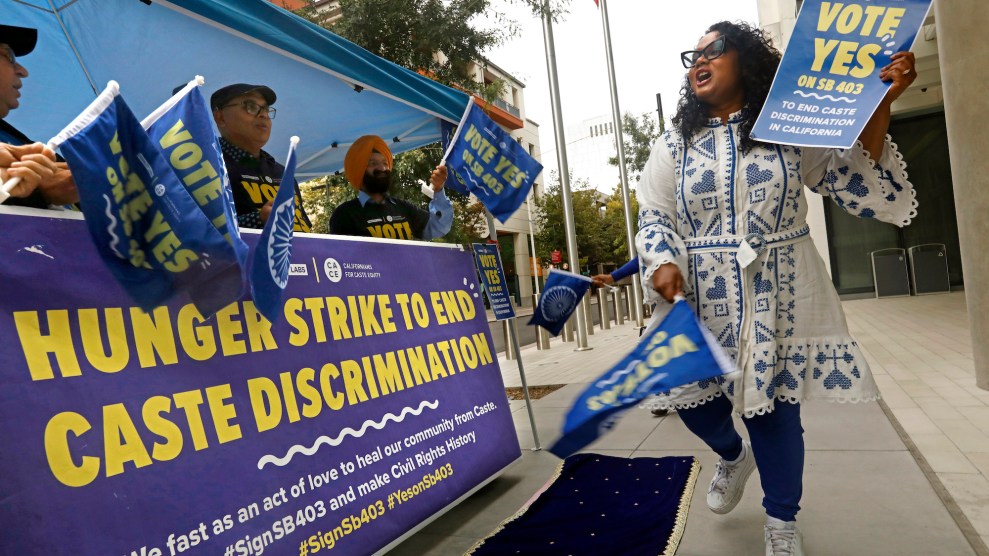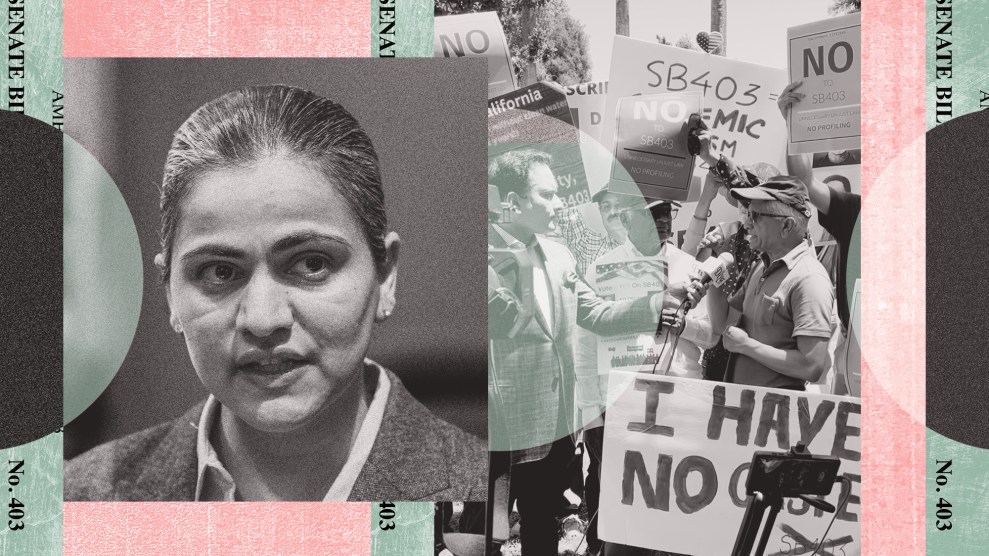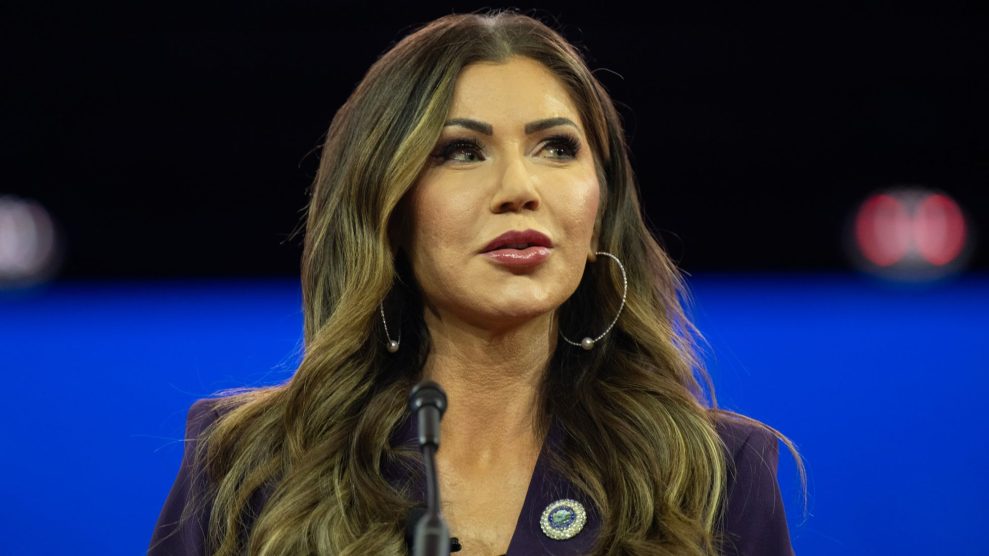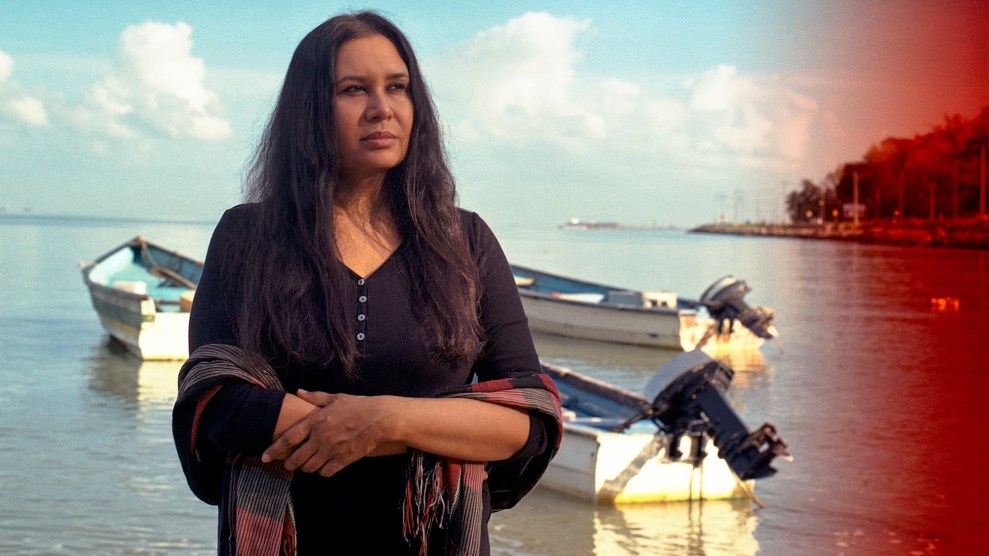
Carolyn Cole/Los Angeles Times/Getty
This year, California was poised to become the first state in the nation to ban discrimination based on caste, the hereditary social hierarchy that originated in South Asia but persists around the world. But on Saturday, Gov. Gavin Newsom vetoed a bill that would have added caste to existing laws banning discrimination in public schools, employment, housing, and other state programs.
In his veto message, Newsom wrote that the bill was unnecessary, asserting discrimination based on caste was already prohibited under existing civil rights protections, which by law must be “liberally construed.” The bill would have specified that caste was included in the already protected category of “ancestry.”
“In California, we believe everyone deserves to be treated with dignity and respect, no matter who they are, where they come from, who they love, or where they live,” Newsom said.
The bill was the subject of highly attended hearings and protests that revealed divisions in California’s South Asian community—some of whom cited their own experience of caste discrimination to argue that the bill was necessary, and others who claimed that the bill would stigmatize Hindus or seed further caste consciousness.
As Sonia Paul reported for Mother Jones in August:
Yet no proposal has inspired as much national venom as SB 403, introduced earlier this year by California state Senator Aisha Wahab, who represents parts of Silicon Valley. Caste has long been a faultline in South Asia. Wahab’s proposal has amplified that fight in the United States and combined the politics of the rising Hindu Right with conservatives’ war on “wokism.”
“If thousands of people are calling state elected officials and have never been engaged in politics before, that means there’s something going on,” Wahab said at an event honoring Bhimrao Ambedkar, the man who helped abolished untouchability in India in 1950. “There is something going on in this state where people are trying to pretend the caste system doesn’t exist.”
California officials had previously sought to establish the state as a leader in the fight against caste discrimination. In 2020, the state’s civil rights department filed a landmark lawsuit against the tech giant Cisco, arguing that an engineer belonging to an oppressed caste had received less pay and fewer opportunities at the company due to his inherited social status. The lawsuit had massive ripple effects, as Paul reported:
When the engineer first raised the issue, according to the lawsuit, Cisco determined caste discrimination was not illegal. Following the suit, a South Asian civil rights group, Equality Labs, received more than 250 unsolicited complaints alleging caste discrimination at other major tech companies. A group of 30 Dalit female engineers also shared an anonymous statement with the Washington Post about their experiences with caste bias and argued for workplace protections.
…
In the wake of the lawsuit, questions about how, and whether, to address caste bias have rippled through American politics, schools, and workplaces. This August, the American Bar Association passed a resolution encouraging the adoption of laws to prohibit caste discrimination. A growing list of colleges and universities, including Columbia, Harvard, Brown, UC Davis, and the California State University System, have added caste to their anti-discrimination policies. So have the California Democratic Party, Apple, IBM, and even Cisco. While Google last year canceled a talk on caste bias after the company said it caused “division and rancor” among employees, in February, Seattle became the first US city to adopt legislation banning caste discrimination. Oregon introduced a similar bill that failed to pass.
The fight over the bill in California this year “combined the politics of the rising Hindu Right with conservatives’ war on ‘wokism,'” Paul wrote. But it also revealed some powerful political currents, as California state Senator Aisha Wahab, the bill’s sponsor, pointed out at an event earlier this year. “If thousands of people are calling state elected officials and have never been engaged in politics before, that means there’s something going on,” Wahab said. “There is something going on in this state where people are trying to pretend the caste system doesn’t exist.”













